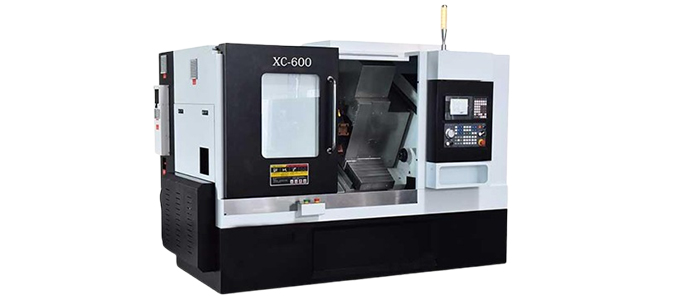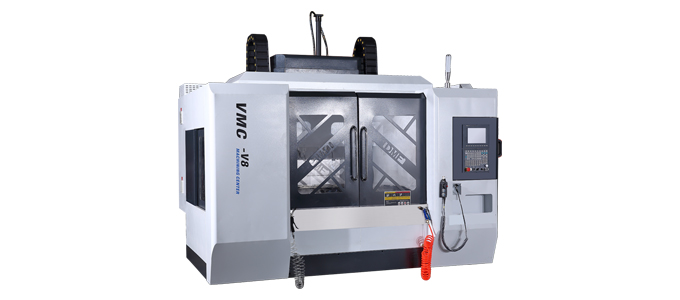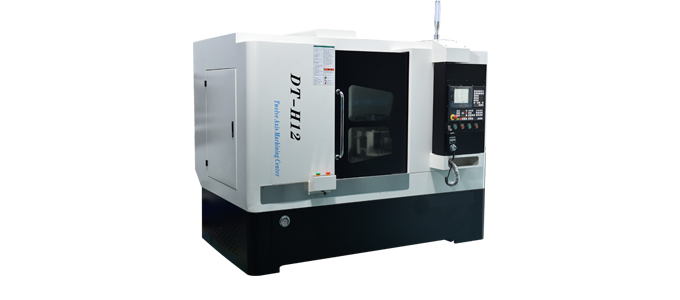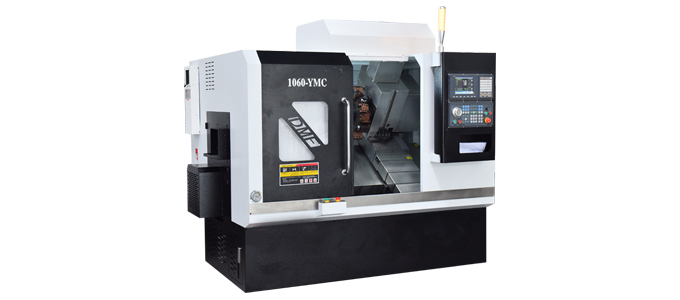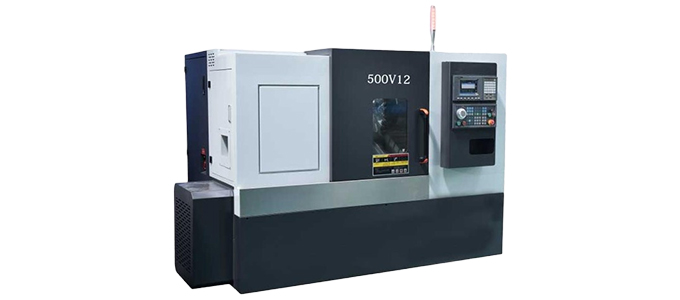Choosing the right CNC lathe requires a balance between current needs and future growth. Every shop has unique requirements based on production goals, materials, budget, and floor space. Here are key considerations to guide your selection:
Production Volume & Batch Size: For high-volume production, choose a CNC lathe with fast cycle times, automatic part loaders, and tool changers. For prototyping or low-volume, high-mix production, a machine with flexible setup options is better.
Material Types: Different materials require different machine capabilities. Hard metals like Inconel and titanium demand machines with high torque and coolant-through spindles, while aluminum and plastics benefit from high-speed spindles.
Part Complexity: For intricate parts, consider a multi-axis lathe or a turning center with live tooling and Y-axis motion. This reduces the need for secondary operations and increases part accuracy.
Floor Space: Compact machines offer great performance in small footprints. Vertical lathes and slant-bed configurations can save space and improve chip evacuation.
Control System Compatibility: Ensure your operators are familiar with the machine’s CNC control software. Some brands offer more intuitive user interfaces and easier integration with CAM systems.
Future Scalability: Choose a lathe that can be upgraded later with automation kits, bar feeders, or software upgrades. Think long-term to maximize ROI.
After-Sales Support: Availability of local technical support, spare parts, and training resources is crucial. A great machine is only as reliable as its maintenance network.
Brand Reputation and Reviews: Research user experiences with various brands. Longevity, performance consistency, and customer service reputation matter.
Choosing the right CNC lathe is a strategic decision that affects your business’s flexibility, product quality, and profit margins. Investing in a machine that matches your growth trajectory will pay off in long-term productivity.


